Pompeo calls on NATO to grow against 'threats' from Russia, China
US Secretary of State, Mike Pompeo, has unleashed new attacks against two military powers, Russia and China, calling on the NATO military alliance to grow and confront "the challenges of today.”
Speaking on the eve of the 30th anniversary of the fall of the Berlin Wall in the German capital, Berlin, Pompeo said the US and its allies need to "defend what was so hard-won... in 1989" and "recognize we are in a competition of values with un-free nations.”
He accused China of using “tactics and methods to suppress its own people that would be horrifyingly familiar to former East Germans.”
Pompeo also accused Russia of invading its neighbors and crushing dissent.
“Western, free nations have a responsibility to deter threats to our people" Pompeo said, adding, “We can never take ... things for granted.”
"Seventy years on... it needs to grow and change. It needs to confront the realities of today and the challenges of today,” he added.
He was apparently responding to French President, Emanuel Macron, who said recently that NATO was "brain dead."
Pompeo said, "We thought we could divert our resources away from alliances, and our militaries. We were wrong.”
“If nations believe that they can get the security benefit without providing NATO the resources that it needs, if they don't live up to their commitments, there is a risk that NATO could become ineffective or obsolete,” he added.
The top US diplomat was echoing demands by President Donald Trump, who has long been accusing European NATO members of failing to provide their fair share of military spending and of relying too heavily on the US for their defense.
EU incoming chief calls for Europe ‘power’
The European Union’s incoming chief, Ursula von der Leyen, also accused Russia of "using violence to shift established borders in Europe, and is trying to fill every vacuum that the US has left behind."
She joined the chorus of calls for a European sovereign power; France and Germany have already suggested a plan for creating a European army that could rival the North Atlantic Treaty Organization (NATO).
"Soft power is no longer enough today, if we Europeans want to assert ourselves in the world," Leyen said.
“Europe must also learn the 'language of power',” she said. This includes "building our own muscles, on where we've for a long time been able to rely on others — in security policies."
Her remarks came amid growing distrust between the US and the EU. The EU has recently been floating the idea that Brussels could no longer rely on Washington to defend the NATO alliance.
The alliance was established at the start of the Cold War to bolster Western European and North American security.
The European block, however, started questioning NATO’s commitment to collective defense.
Iran’s security chief meets with Yemen's Ansarullah official in Oman
Mass shootings at school, home in Canada leave 10 dead, including shooter
Millions in streets across Iran for Islamic Revolution anniversary marches
#IR47: How Iran’s martyred commanders found faith, purpose and mission in Islamic Revolution
#IR47: Long walk to freedom - Imam Khomeini and the Iranian nation’s epoch-making moment
VIDEO | Tehran conference examines Islamic Revolution’s enduring role in shaping global resistance
VIDEO | Gazans say Israel seeks permanent military presence
VIDEO | UK PM faces call to quit over his US ambassador’s links to Epstein


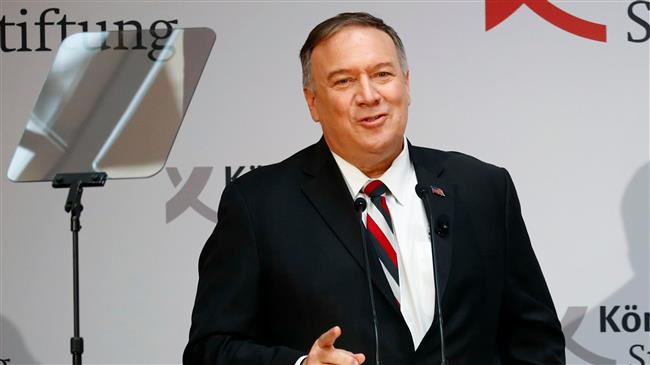


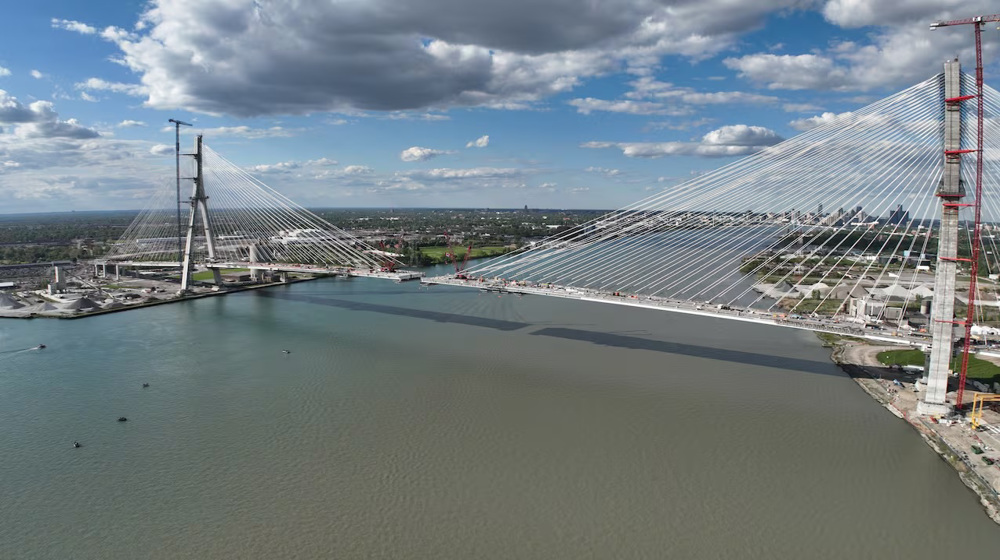
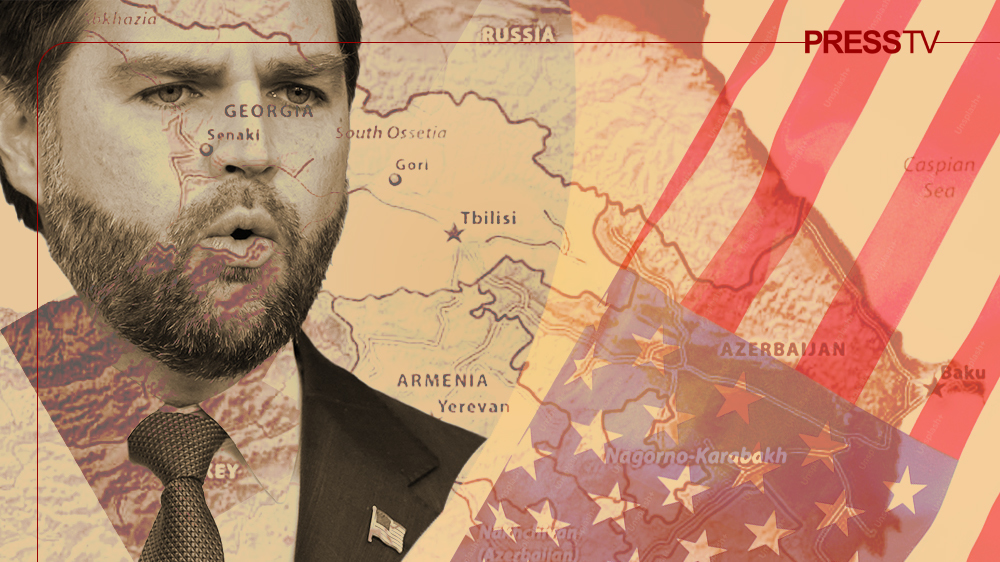
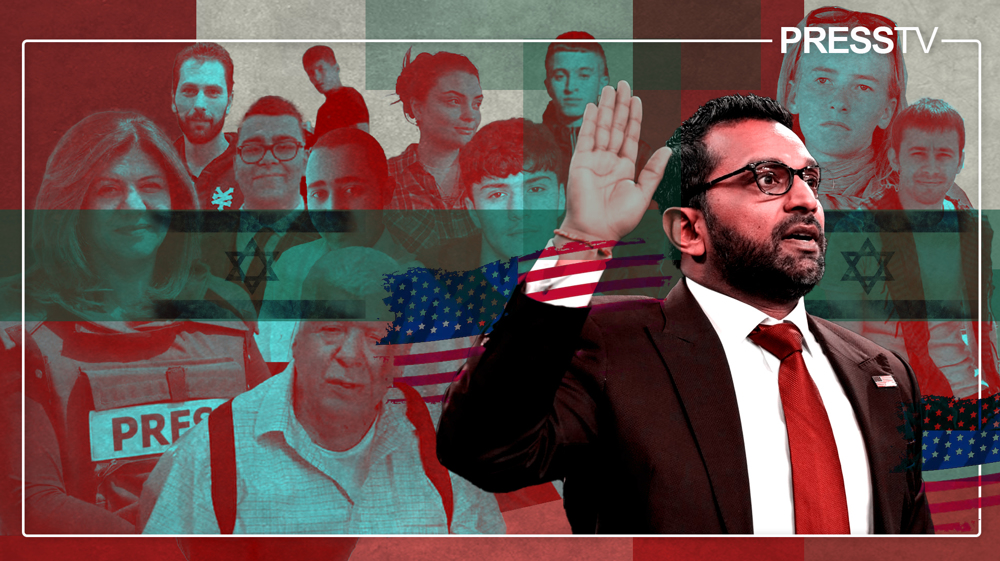



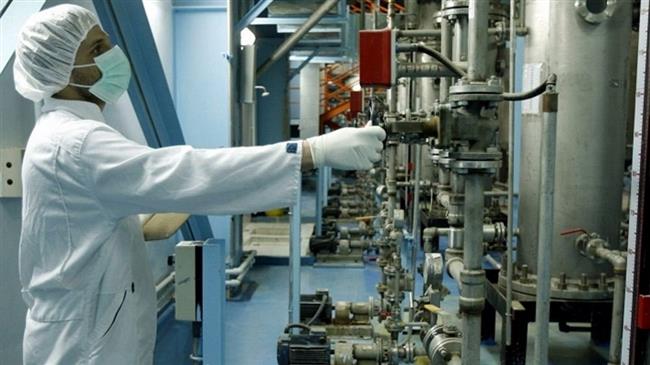



 This makes it easy to access the Press TV website
This makes it easy to access the Press TV website